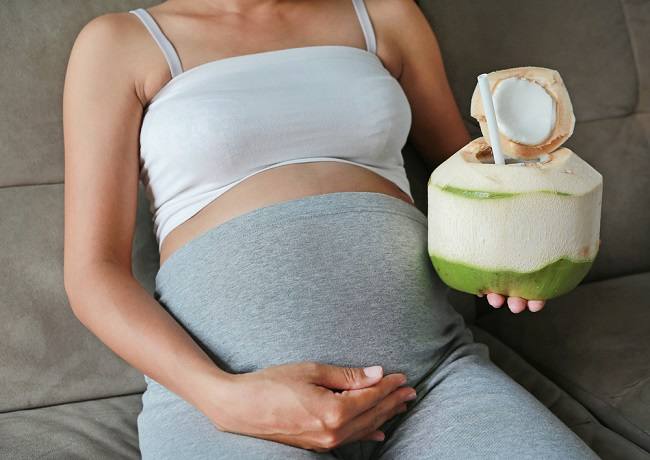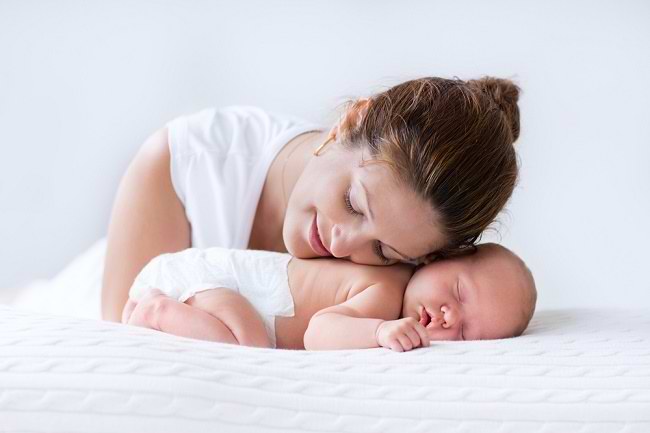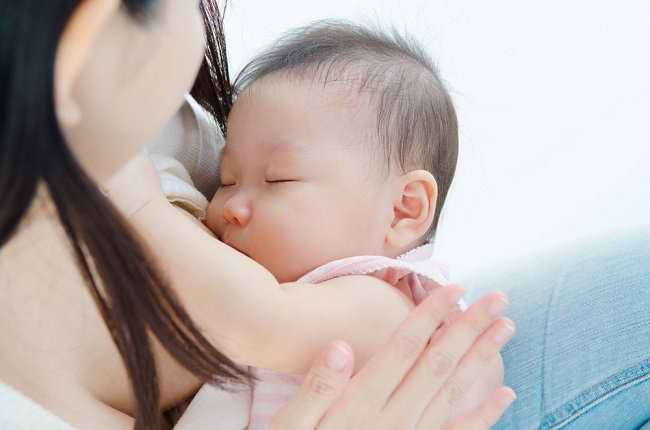Hair loss during pregnancy is a condition that is often experienced by at least 40–50% of pregnant women. Although quite common, these complaints are generally only temporary. However, if the condition of hair loss is quite disturbing, there are some tips that pregnant women can do to overcome it.
Some pregnant women may experience hair growth and changes to become thicker and shinier. However, not a few pregnant women who actually experience hair loss during pregnancy.

This condition is generally caused by an increase in the hormone progesterone, which makes hair drier and more prone to breakage or fall out.
Facts About Hair Loss During Pregnancy
Basically, 90% of the hair on the head is undergoing a growth phase, while the other 10% enters a resting phase which will then fall out every 2-3 months to be replaced with new hair.
During pregnancy, hormonal changes sometimes cause the number of hairs that enter the resting phase to increase by up to 60%. This condition is also known as telogen effluvium. Hair loss during pregnancy usually occurs at about 1-5 months of gestation.
Apart from hormonal changes, hair loss during pregnancy is also sometimes caused by certain conditions, such as:
- Lack of minerals or vitamins
- Stress during pregnancy
- Stop using birth control pills or birth control injections
- Certain diseases, such as thyroid disorders and PCOS
- Side effects of drugs, such as blood pressure lowering drugs, blood thinning drugs, epilepsy drugs, and antidepressants
Tips for Overcoming Hair Loss During Pregnancy
If pregnant women experience hair loss and feel disturbed by it, there are various ways that can be done to minimize hair loss, namely:
1. Use the right shampoo
When shampooing, use shampoo and conditioner with gentle ingredients and do not cause irritation. When choosing shampoo and conditioner, choose products that contain silica and biotin, because they are considered safe and effective for treating hair loss.
2. Avoid combing hair when it's wet
Hair tends to be more brittle when wet. Therefore, avoid combing your hair when it is wet, especially with a fine-toothed comb. Wet hair can be combed first by using your fingers. Also, avoid brushing your hair too often.
3. Avoid tying your hair too often
Tying your hair too often, whether tied back into a bun or a ponytail, risks making your hair break more easily. Pregnant women are advised to let their hair loose more often.
4. Avoid certain hair treatments
Dry hair using hair dryer with maximum heat, too often straightening and using curling irons, and coloring hair with harsh chemical hair dyes can also exacerbate hair loss during pregnancy.
If you really need to style your hair in some of the ways above, pregnant women should use a hair dryer or straightener with a low heat. To prevent hair loss, pregnant women should also delay dyeing their hair.
5. Consumption of vegetables and fruit
Fruits and vegetables contain lots of antioxidants and flavonoids. These ingredients are believed to strengthen growing hair and protect hair follicles, so hair doesn't fall out easily.
Several types of fruits and vegetables that contain these two nutrients include strawberries, cabbage, spinach, tomatoes, and broccoli. Antioxidants are also abundant in dark chocolate and green tea.
6. Use special supplements
Supplements containing vitamin C, biotin, vitamin B complex, vitamin E, and zinc have been shown to strengthen hair. However, if you want to use these supplements to treat hair loss, pregnant women should consult a doctor first.
Generally, complaints of hair loss during pregnancy are only temporary and can disappear on their own later after the pregnant woman gives birth. However, if you feel disturbed by the complaint and want to treat it, pregnant women can consult a gynecologist so that treatment can be carried out properly.









